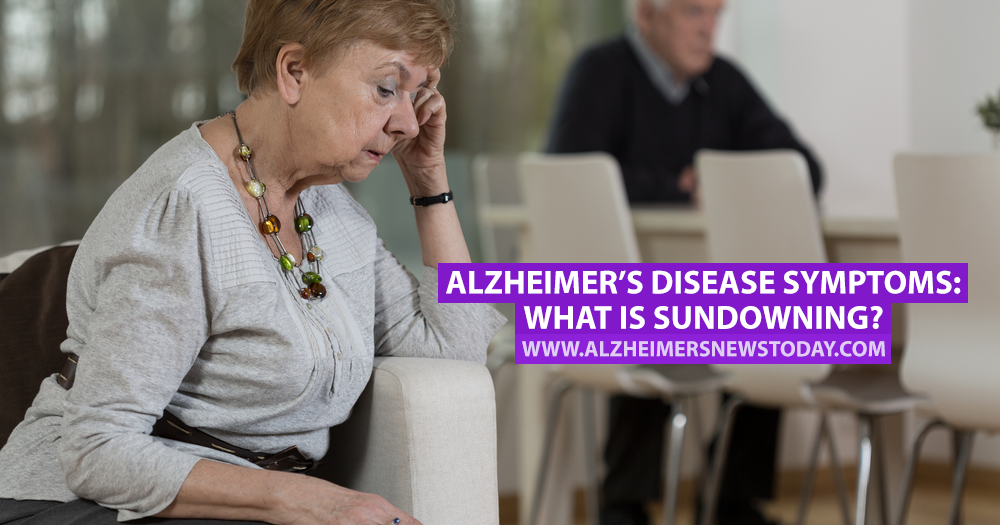Alzheimer’s Disease Symptoms: What is Sundowning?
Written by |

“Sundowning” is the term used for the changes in personality many Alzheimer’s disease patients experience in the late afternoon or early evening.
MORE: 10 Quotes to Help You When You’re Feeling Down
According to WebMD, the change in light seems to trigger a cognitive response that gets progressively worse as the hours go on, but remedies itself by morning. Typical symptoms of sundowning include feeling anxious or agitated, disorientated or confused, demanding, angry, restless, and even suspicious. Some patients may start to pace around, shout and yell, as well as see and hear things that aren’t there.
Around 20 percent of Alzheimer’s patients suffer from some degree of sundowning. Doctors are unsure of why it happens, but it’s more likely to happen if the patient hasn’t had enough sleep, is hungry or thirsty, in pain, or suffering from depression.
There’s no medication to control sundowning but there are ways to try and minimize the effects. Patients can try keeping to a routine and scheduling appointments and visitors in the mornings rather than later in the day. In addition, eliminating factors which may cause sleep disturbance such as drinking alcohol, eating certain foods, napping for too long during the day, and eating a large meal in the evening.
A calm environment will help Alzheimer’s sufferers to feel less afraid. Choose neutral colors and bright lighting so they are not upset or confused by shadows. Make sure they are not too cold or too hot. Allow them to do something relaxing in the late afternoon like watching their favorite TV show, listening to music or sitting in the garden. Try to reassure them that everything is OK and if they are likely to wander about, ensure their environment is safe. Find out more about sundowning here.
MORE: Could It Be Alzheimer’s Disease, Depression, or Both?
Alzheimer’s News Today is strictly a news and information website about the disease. It does not provide medical advice, diagnosis or treatment. This content is not intended to be a substitute for professional medical advice, diagnosis, or treatment. Always seek the advice of your physician or another qualified health provider with any questions you may have regarding a medical condition. Never disregard professional medical advice or delay in seeking it because of something you have read on this website.





